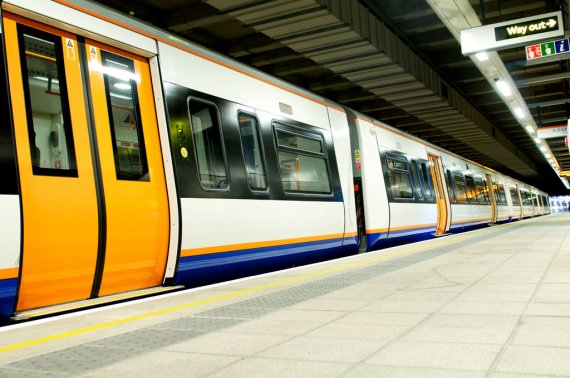Train travel should become the norm for shorter trips that take six hours or less. For slightly longer journeys of six to eight hours, the train is the preferred means of transport and flying is the second-best option. This change to the travel policy is in line with the university’s sustainability goals, and with the wishes of many staff. But flying will still be possible for short distances when there are ‘exceptionally good reasons’ and with the boss’s approval, says Rens Buchwaldt of the Executive Board. ‘At the end of the year, we would like to evaluate those exceptional cases to see how often, and why, people still opt to fly.’
200 tons of CO2
WUR staff fly about 10,000 times per year for work purposes, and more than half of these are within Europe (the figures are from 2017). Train connections across Europe are not optimal, so only a small proportion of these journeys are within the limit of six to eight hours. If we make those trips by train instead of by plane, we’ll save 200 tons of CO2 per year – as much as the emissions of 1400 flights to Paris, or of 42 households in a whole year.
WUR staff fly about 10,000 times per year for work purposes
Reducing our footprint
Reducing WUR’s carbon footprint is not the only aim of the new policy. ‘We also want people to think about the need for their trip,’ says Buchwaldt. ‘Is it really necessary? And do several people need to go or is one person enough? And we hope we can contribute to making international train travel easier and more efficient. WUR cannot do that on its own, but by being part of a growing market for train travel we can help ensure it improves.’

 Photo: Shutterstock
Photo: Shutterstock